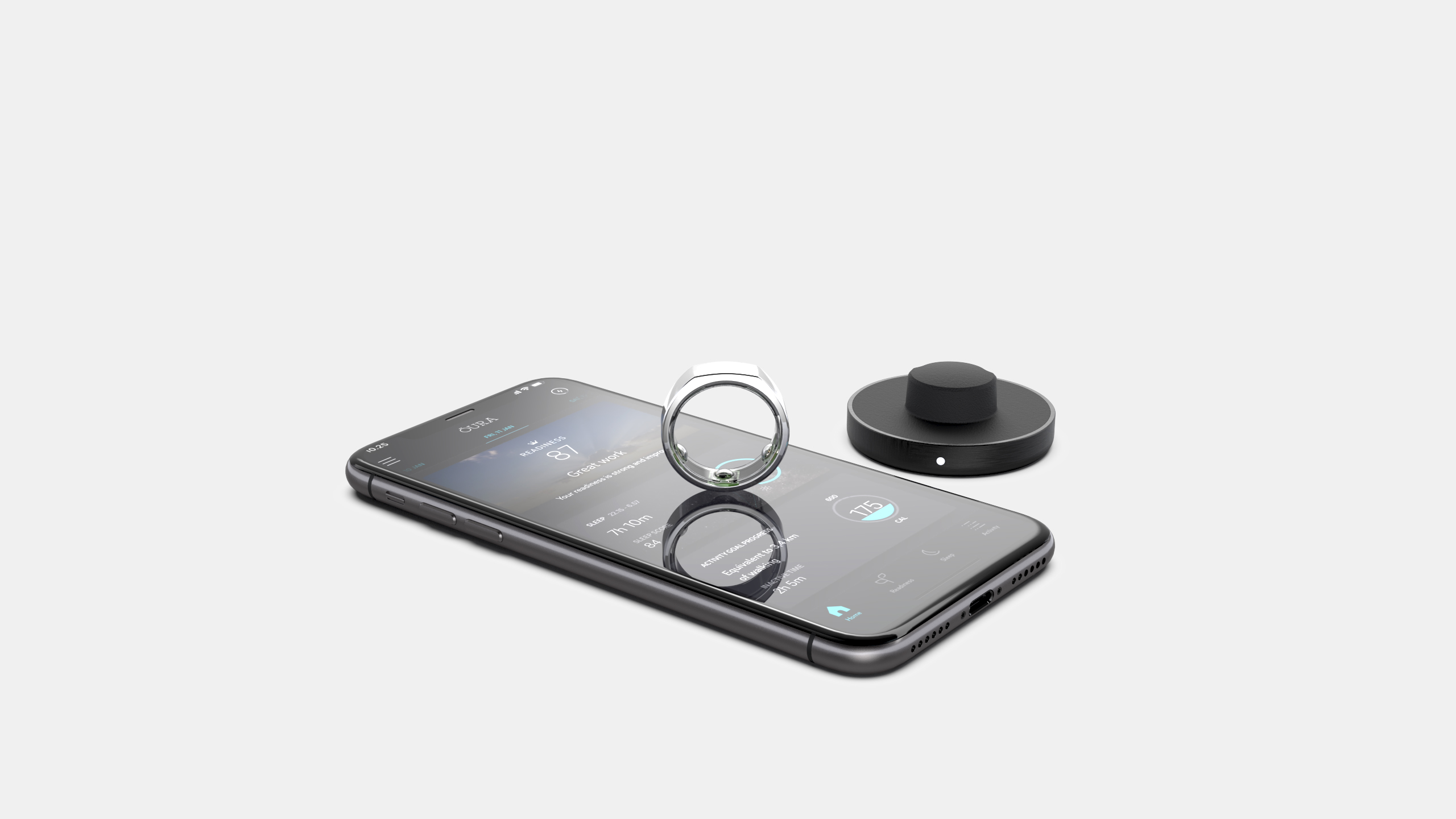Commitment matters in the middle of November darkness

We went around Slush asking about commitment, Helsinki Design Week’s theme for 2020. In the face of change, what does commitment mean?
We went around Slush asking about commitment, Helsinki Design Week’s theme for 2020. In the face of change, what does commitment mean?
There is nothing quite like the darkness of the Nordic winter to spark innovation, transformation and change. Slush, the eleventh annual gathering of 25,000 curious minds, over 4,000 startups and some 2,000 investors in a nowadays more moist than slushy Helsinki aimed to do exactly that.
Established on scientific knowledge in 2013, Nightingale Health aims at saving eight billion people. Pretty much the whole population of the Earth by building a new health-creation system designed to abolish chronic diseases by predicting and preventing them. Head of Brand and Communications Kristiina Tolvanen confirms that the premise lies within making information available to everyone. CTO and Founder Antti Kangas agrees, “We want to make blood analyses technology possible for all humankind, not just those prepared to pay huge sums for their health.”
 Uncovering possible health traps lurking in the future means that the heart of the operation lies within information design. “Data is complicated and science in itself is tricky. Our challenge then becomes making it all understandable for people,” Kangas defines. This is where price becomes concrete. “We want to make a product that is useful, effective yet not too expensive in order for it to be practical.”
Uncovering possible health traps lurking in the future means that the heart of the operation lies within information design. “Data is complicated and science in itself is tricky. Our challenge then becomes making it all understandable for people,” Kangas defines. This is where price becomes concrete. “We want to make a product that is useful, effective yet not too expensive in order for it to be practical.”
 Good health, according to Nightingale Health, belongs to everyone regardless of socio-economic background. “Our commitment is the promise to bring this solution to everyone at a price they can afford,” claims Tolvanen. With the health business in turmoil and desperate need of renewal, Nightingale Health considers its premise as the backbone of all operations from the technology it breeds, the companies it partners with and how it engages with its customers. “We are not placing any hooks or gimmicks within the app but are instead interested in really changing people’s’ lives. This is a lifetime deal,” Kangas pledges.
Good health, according to Nightingale Health, belongs to everyone regardless of socio-economic background. “Our commitment is the promise to bring this solution to everyone at a price they can afford,” claims Tolvanen. With the health business in turmoil and desperate need of renewal, Nightingale Health considers its premise as the backbone of all operations from the technology it breeds, the companies it partners with and how it engages with its customers. “We are not placing any hooks or gimmicks within the app but are instead interested in really changing people’s’ lives. This is a lifetime deal,” Kangas pledges.
Through improved sleep to a better life
Also operating within the health niche, Oura Health has since 2013 committed to better sleep. The company behind the awarded Oura ring aims to measure sleep and recovery while helping customers to find better ways of living. It places users in front of consequential questions such as “are you well-rested”, “are you sleeping more” and most of all – “are you being compassionate towards yourself”. According to Content Lead Jukka Ahola, the company is spreading self-awareness and compassion. Making sure people commit to taking care of themselves in a world more and more dedicated to performance 24/7.

“We support long-term health solutions in order for users to reach whatever goals they have placed. Whether that be having more energy at work, more time to play with their kids or an Olympic medal, we aid in making sure they take care of basic needs: sleep and recovery,” Ahola specifies.
The product itself is small and unobtrusive. It easily slips into the life of the user and can be carried while running, swimming, travelling, you name it. The ring has a battery-life of seven days which serves the premise built on commitment. “The product stays on and engages the user. This is exactly what we would wish for since every time the ring needs to be charged is yet another opportunity to forget it, not wear it or even worse, let go of your goals.”
 Oura aims to help as many people as possible but the product is not cheap. The company is however, committed to helping those willing and able to stick to the overall process of change. “We are not always able to make changes in our lives due to work situations, circumstances in our family life or any other reasons we might have,” Ahola acknowledges. “But at Oura we are still willing to try and help. And it all boils down to our promise of improving sleep and through that recovery and quality of life.”
Oura aims to help as many people as possible but the product is not cheap. The company is however, committed to helping those willing and able to stick to the overall process of change. “We are not always able to make changes in our lives due to work situations, circumstances in our family life or any other reasons we might have,” Ahola acknowledges. “But at Oura we are still willing to try and help. And it all boils down to our promise of improving sleep and through that recovery and quality of life.”
Quantum computing commits to solving complex issues
In a game whole of its own, the future is in the quantum, claims IQM, an Aalto University spin-out with an origin tightly bound to research. Mikko Möttönen, Chief Scientist and Quantum Specialist, is extremely proud of the company’s recent development in securing $13 million in a seed rounding.
While quantum computing sounds like something taken out of a sci-fi screenplay, Möttönen explains that the operations come down to providing disruptive computing platforms which allow for tremendous speedups for certain algorithms. What that means, is solutions into huge problems such as for example curing certain children’s diseases by researching the exact modelling of a penicillin molecule through simulation. Something that is made possible by the systems fundamentally different and much more powerful computer architecture that has the potential to solve such extremely complex problems.
According to Möttönen, IQM is committed to helping find solutions that will benefit several industries and the society at large. Highly powerful stuff! Even if none of this might sense now. “We are committed to making the world a better place by providing computing solutions to problems that we have previously not had answers to,” confirms Möttönen. “Our commitment is thus, long-term engagement in pushing the frontiers of quantum technologies because quantum computing still remains in its infancy. Our commitment has been active for the last years and will continue to drive our vision of realising a large-scale quantum computer.”
Finally Möttönen adds, “Commitment means being fully focused on a task that brings us closer to reaching our goals.”
Like its scaleup company peers, verifies Samuli Pehkonen, Head of Startups and Scaleups at Slush, IQM is a powerhouse made up of a combination of knowledge, determination and commitment to a better future.
Photos: Nightingale, Jussi Hellsten, Oura